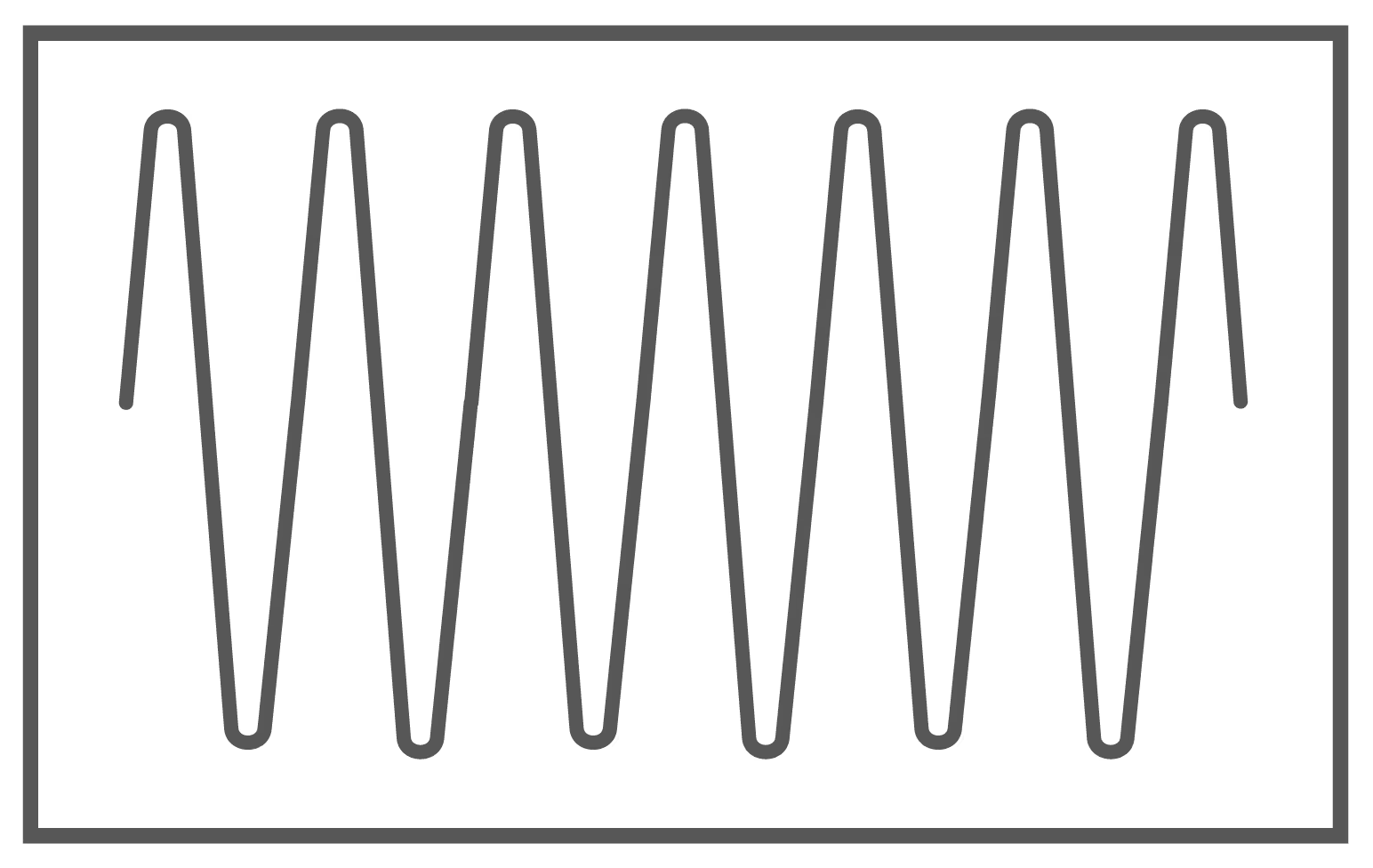
RESIDUAL CURRENT MONITORING
Comprehensive residual current monitoring ensures high availability and increases fire protection. It is particularly suitable for areas where failures must not occur under any circumstances.
WHY IS RESIDUAL CURRENT MONITORING USEFUL?
Comprehensive residual current monitoring ensures high availability and avoids outages by giving you an information advantage. It lets you know about potential failure cases at an early stage so you can take the necessary measures, correct errors as they occur, and avoid failures and dangerous situations.
Comprehensive residual current monitoring provides the following:
- Avoids shutdowns and damage to equipment or failures
- Prevents fires and the endangerment of employees
- Significantly reduces the testing effort required within the scope of IEC 60364-6:2016

HOW DOES RESIDUAL CURRENT MONITORING WORK?
In residual current monitoring or RCM, all three phases and the neutral conductor are passed through a summation current transformer. The summation current is ideally zero or close to zero.
If a residual current flows to ground, a residual current monitoring device detects this and can trigger an alarm or report it accordingly. Even slowly rising residual currents that are still too small to trigger alarms or fuses can be detected. This allows even insidious faults to be detected.
RESIDUAL CURRENT TYPES
Residual current is divided into three types. Some meters can detect only one or two of these types. This means that when setting up a residual current monitoring system, attention must be paid to the type of residual current that may occur and the required measurement technology must be selected accordingly.
Type A
- Alternating current + pulsating DC
- Occurs in all areas

Type B
- All-current sensitive
- Industry



Type B+
- All-current sensitive
- Able to detect very high frequencies



Suitable products

RMC brochure
Get comprehensive information on residual current measurement
Get personal advice now
Your request is important to us and we guarantee fast and professional processing.













